Related Research Articles

John Balliol or John de Balliol, known derisively as Toom Tabard, was King of Scots from 1292 to 1296. Little is known of his early life. After the death of Margaret, Maid of Norway, Scotland entered an interregnum during which several competitors for the Crown of Scotland put forward claims. Balliol was chosen from among them as the new King of Scotland by a group of selected noblemen headed by King Edward I of England.

The Great Game was a rivalry between the 19th-century British and Russian Empires over influence in Asia, primarily in Afghanistan, Persia, and later Tibet. The two colonial empires used military interventions and diplomatic negotiations to acquire and redefine territories in Central and South Asia. Russia conquered Turkestan, and Britain expanded and set the borders of British colonial India. By the early 20th century, a line of independent states, tribes, and monarchies from the shore of the Caspian Sea to the Eastern Himalayas were made into protectorates and territories of the two empires.
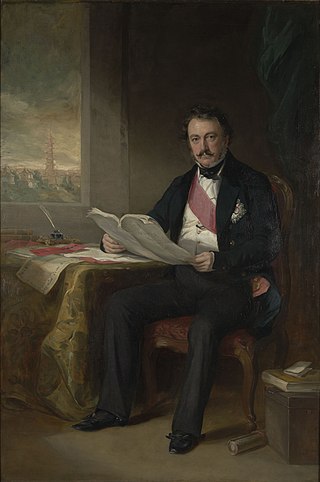
Lieutenant-General Sir Henry Pottinger, 1st Baronet was an Anglo-Irish soldier and colonial administrator who became the first Governor of Hong Kong.

Sir Catchick Paul Chater was a prominent British businessman of Armenian descent in colonial Hong Kong, whose family roots were in Calcutta, India.
The Oxford University Mountaineering Club (OUMC) was founded in 1909 by Arnold Lunn, then a Balliol undergraduate; he did not earn a degree.

The association of Armenians with India and the presence of Armenians in India are very old, and there has been a mutual economic and cultural association of Armenians with India.
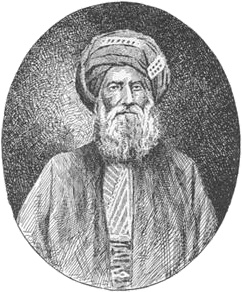
David Sassoon was the treasurer of Baghdad between 1817 and 1829. He became the leader of the Jewish community in Mumbai after Baghdadi Jews emigrated there.
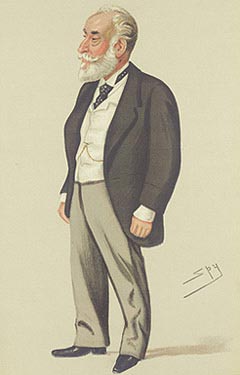
Sir Albert Abdullah David Sassoon, 1st Baronet, was a Baghdad-born businessman and philanthropist.

Sassoon David Sassoon was a British Indian businessman, banker, and philanthropist.

Sir Edward Albert Sassoon, 2nd Baronet was a British businessman and politician.

The Sassoon family, known as "Rothschilds of the East" due to the immense wealth they accumulated in finance and opium trade, are a Baghdadi Jewish family.
James Farish Malcolm Fawcett was an English cavalry officer of the 5th Lancers. He was also an entomologist who specialised in Lepidoptera.
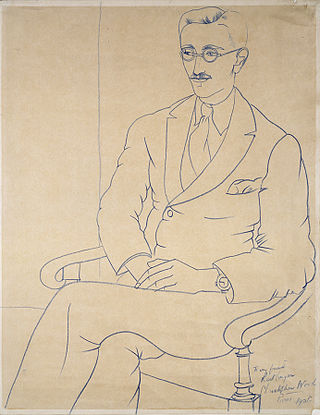
Gerald Roberts Reitlinger was an art historian, especially of Asian ceramics, and a scholar of historical changes in taste in art and their reflection in art prices. After World War II he wrote three large books about Nazi Germany. He was also a painter and collector, mainly of pottery. Reitlinger's major works were The Final Solution (1953), The SS: Alibi of a Nation (1956), and between 1961–1970 he published The Economics of Taste in three volumes.

Major-General Sir Henry Lindsay Bethune, 1st Baronet, de jure 9th Earl of Lindsay was a Scottish military officer. He was a member of a British diplomatic and military mission led by John Malcolm to the Persian Empire in 1810.

James Meyer Sassoon, Baron Sassoon, is a British businessman and politician. After a career in the financial sector he served in various roles in HM Treasury, the UK's finance ministry, from 2002 to 2008, at which point he began advising David Cameron on financial issues. From May 2010 to January 2013, Sassoon was the first Commercial Secretary to the Treasury and was appointed to the House of Lords as a Conservative. In January 2013, he became an executive director of Jardine Matheson Holdings and of Matheson & Co. He is also a director of Hongkong Land, Dairy Farm and Mandarin Oriental and chairman of the China-Britain Business Council.
The Eastern Bank Limited, was a British bank founded in 1909 in London, to help finance trade with Far east. In 1957 Chartered Bank, acquired Eastern, and eventually absorbed it into Standard Chartered in 1971.
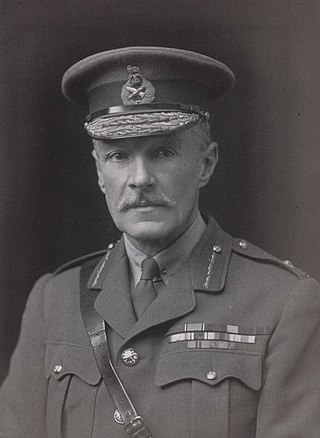
Major-General Laurence George Drummond was a British Army general officer.

David Sassoon & Co., Ltd. was a trading company operating in the 19th century and early 20th century predominantly in India, China and Japan.
Frederick David Sassoon was an India-born Anglo-Jewish merchant and banker in Hong Kong and China.
Following the final collapse of the Mughal Empire in 1857 and the proclamation of the British Indian Empire, the British continued to maintain and recognise many of the old Mughal and Hindu styles and titles, introducing a compound honours system which awarded those titles along with British noble and aristocratic titles and knighthoods. Uniquely amongst the countries under British dominion, India was the sole country where British hereditary titles were conferred upon British subjects not of European ancestry. All British titles and honours became obsolete after the formation of the modern Republic of India in 1950, though they continue to be recognised by the British government.